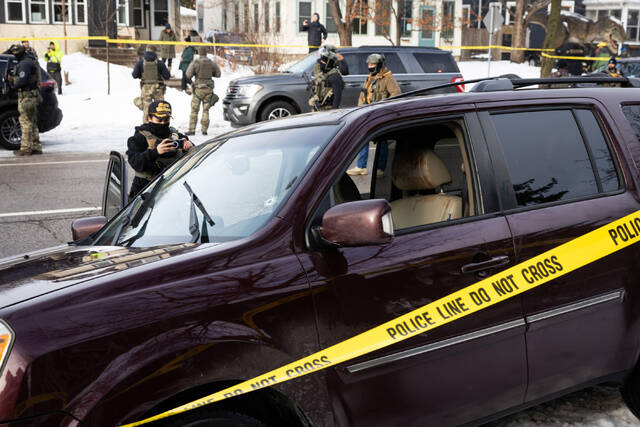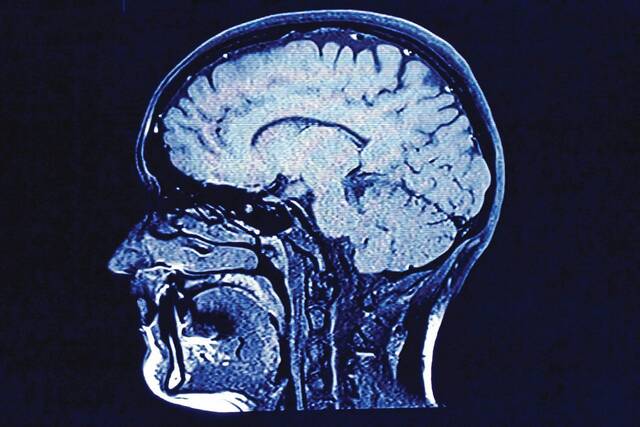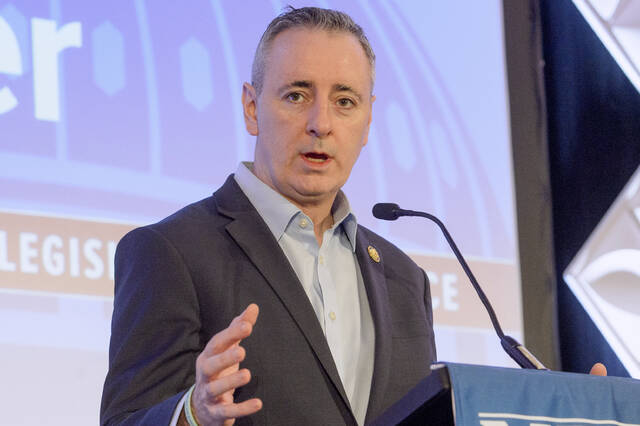Is it cake?
It’s a phenomenon taking over the internet. Look at this video showing a book or suitcase or can of baked beans. But wait, what’s happening? Someone produces a knife and cuts it in half. That simple household object turns out to be chocolate and buttercream and fondant. What you thought was one thing is really something else entirely — an elaborately decorated cake.
It’s the sugary, visual version of conspiracy theories, which also are having their heyday right now.
Conspiracy theories are entertaining. They can even make us feel smart and informed. Was Jack the Ripper a British prince or a Shakespearean actor? Could someone else have wielded Lizzie Borden’s axe? What happened to the lost Roanoke colony?
They are appealing because they take stories that end in an unsatisfying thud and give them a soundtrack.
The ability for a random angry man to kill the leader of the free world with a rifle and malice leaves us cold. The idea that it took a coordinated network of political enemies and assassins to pull off the killing of John F. Kennedy has more scope. That’s why new theories are still being spun more than half a century later.
The problem is that we have been enjoying conspiracy theories for so long, we have started to blur the lines. We watch documentaries about them on cable channels devoted to science and history, so we start to think that is what they are. Loch Ness monsters and sasquatch, the continent of Atlantis and what really sank the Titanic.
It was bad enough when it happens to history. When it happens in real time, the cost is higher.
Conspiracy theories have tortured the parents of Newtown children murdered at Sandy Hook in 2012 — theories that call them liars and deny their dead children ever lived. Conspiracy theories can make it harder for unsolved crimes to find answers. Like those crazy cakes, they distract with one thing disguised as something else.
What looks like fact is just frosting.
Conspiracy theories are the second cousin of supermarket tabloid stories — easily confused for news if you want to believe that Elvis Presley is still alive or a half-bat child is terrorizing the countryside. But is that dangerous?
It could be.
The QAnon conspiracy focuses on the idea of a “deep state” that might seem little different from other internet political hay. But in 2016, its debunked predecessor “Pizzagate” ended in one believer shooting up a Washington, D.C., restaurant.
Conspiracy theories about the coronavirus pandemic can do more than make someone a target of internet crusaders. They can threaten lives. People could discount real facts, thinking they are pretend, and instead reach for something that looks like facts but are just decorated to look that way.
The YouTube video “Plandemic” paints covid-19 as a malicious chain of events with Dr. Anthony Fauci of the National Institute of Allergy and Infectious Diseases at the center.
We need more than empty calories from our science and medicine. We need something substantial to nourish our minds and help us save our bodies. Conspiracy theories might be entertaining, but once you decide that facts can be dismissed, none of the answers are satisfying.








